

The question of either selling or renovating your home isn’t simple, and everyone has a different reason for asking. Major lifestyle changes, empty nesting, career shifts, and access to schools and services, all make homeowners wonder about the best course of action about their home. While we can't tell you what to decide, Solar Art has worked with both new builds and renovations and is ready to help you however we can! We’ve collected information to help you decide which is the best option for you!
When considering if you should sell or renovate your home, a few variables come into play. Have you lived there a long time and are emotionally attached to it? Have you spent significant cash on improvements over the years? What and how much exactly needs renovation? Good location or good neighborhood? Zillow made a quiz to try and help you decide and we can take a closer look at your different options!
How does your home fit into your current lifestyle? Maybe you’ve found yourself with a ton of room now that the kids have moved out, or maybe you have the opposite problem: you’re in sudden need of space. Consider your how close you are to stuff you like: can you find another home that won’t add time to your commute? Or would moving put you closer to your job, amenities, family, etc.? If you have an area in mind, spend time researching how moving will impact your day-to-day life.

If the housing market in your area isn’t hot, renovating might be a wiser decision in the meantime. Selling can come later once you’ve increased your property’s value with improvements. On the other hand, contractors’ rates rise and fall with demand, and a low housing market might mean higher contractor rates as other homeowners are renovating as well. If the market is low and you want to sell anyway, look at the renovations you can start now to improve your home’s value down the line when you finally do sell.
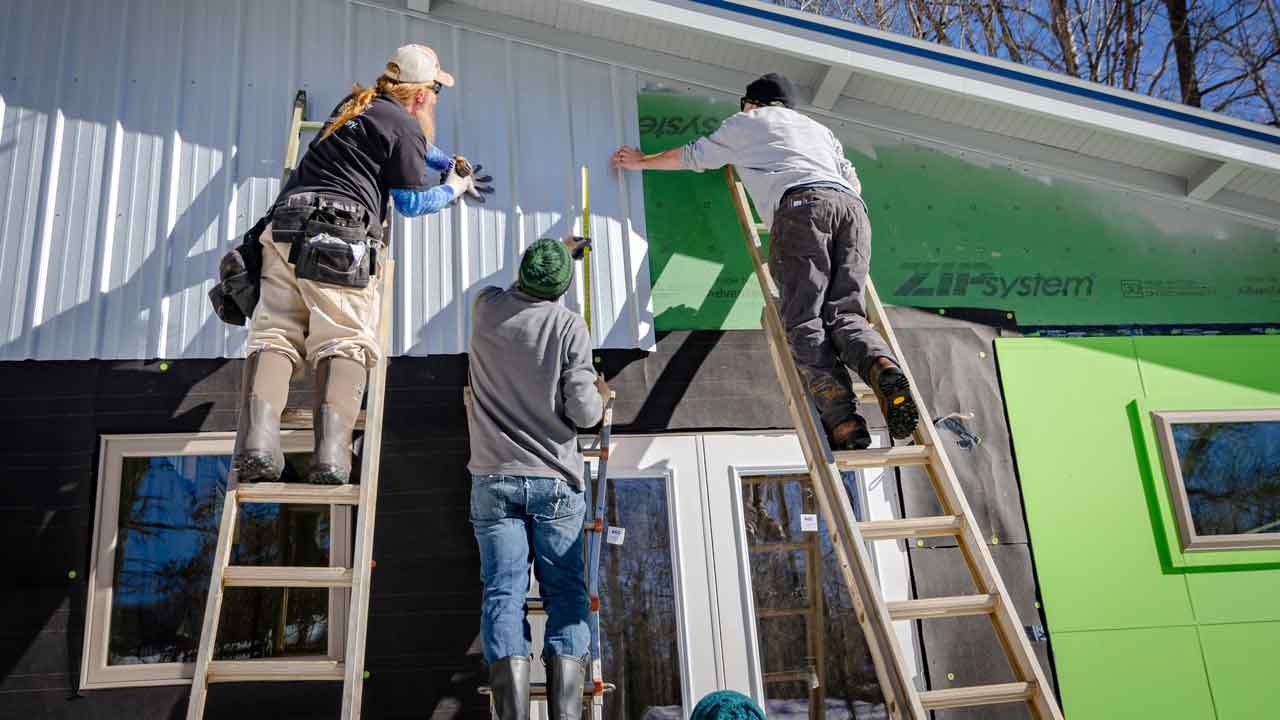
The scope of the renovations will play a big role in your decision. Cosmetic changes are easy and cheap enough to implement: new paint, landscaping and installing energy efficient window film are less intensive ways to freshen up your home and make it feel new again. Bigger home improvement projects can easily take more time and cost more money than you expect (but we’ll talk more about that later).
Assess the value of your home and net gains. Talk to a reputable realtor about how much you can expect to sell your property for. Determine other costs that will impact how much you can walk away with: talk with a professional to assess the conditions of the features in your home. Pests, water damage, plumbing, basic improvements and more will all influence how valuable your property is and how much work you need to put into it to sell.
When considering renovation, before you start dreaming of that new addition, ask a contractor to give you an honest view of cost and time frame for improvements. Know ahead of time if those renovations will earn back their costs when you sell the house down the road.

Selling and buying a home comes with fees, taxes, commissions, and pre- and post-market improvements, not to mention taking out a mortgage. Before that, finding and looking at homes takes time. Similarly, renovation projects can quickly cost much more than expected and take longer--if something can go wrong, it will. No matter which option you choose, budget for the time and cost you can handle under the worst-case scenarios. Now that we’ve covered areas to consider for both options, let’s go more into detail!
Some projects like improving the curb appeal of your home can make a huge difference in how your home feels and looks, and they don’t cost much or take much time. Other straight-forward improvements like adding a room also offer big payoffs for little investment on your part!
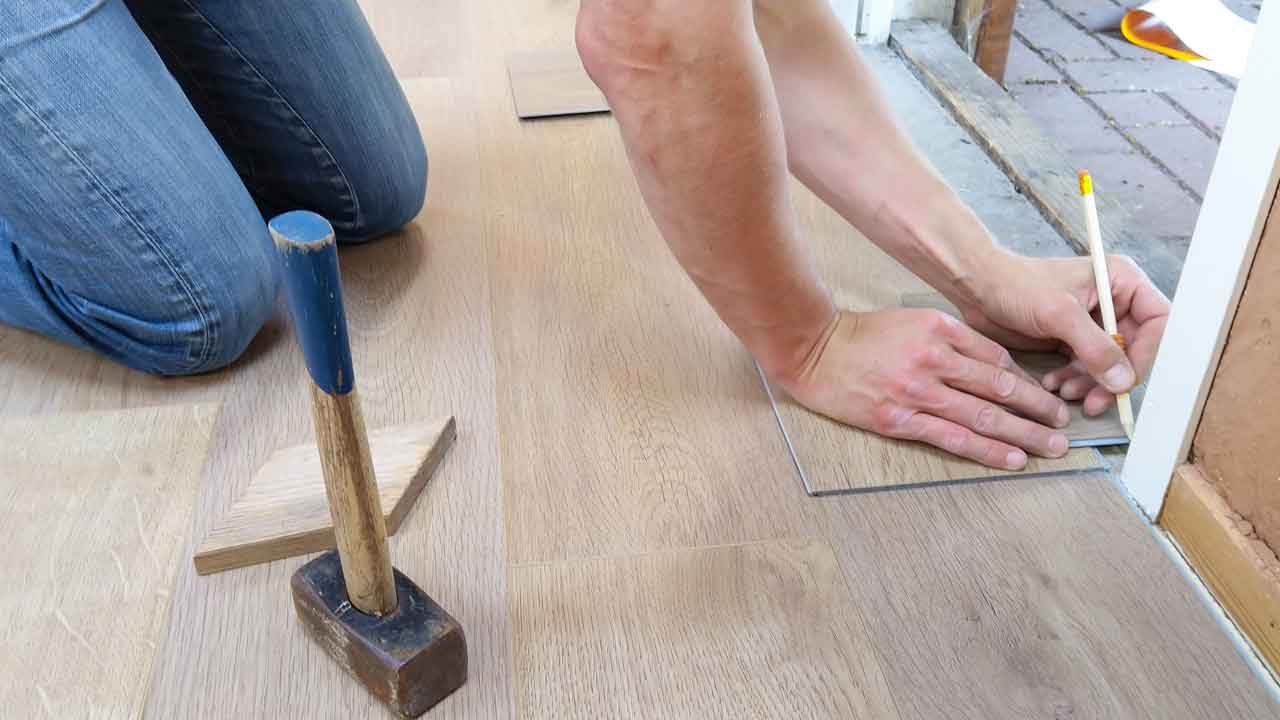
Have you lived in your home a long time and are emotionally attached to it? We get attached to our homes for many reasons. If you’ve inherited the home, or it's historical, the property may have sentimental value to you or your family. Did you grow up in it, or raise your family there? If you’ve lived in the home for years, you may not want to part with the memories and familiar layout.
Chances are, renovations won’t force you to pack up your home and put it in storage for a few months. Outdoor improvements likely won’t even impact your indoor activities. Hiring a moving crew and putting your home in a truck to move across town (or across the country) is a huge expense that renovating homeowners don’t need to worry about.

Practical improvements like your home’s HVAC performance, insulation, and energy efficiency can earn rebates with local energy provides that will quickly pay back the cost of the improvements. For example, energy efficient solar film is an easy way to increase your home’s energy efficiency and potentially get money back from the energy company. Given the lifespan of such improvements, these are attractive selling points down the road!
Finally, renovations allow you to customize your home around your life. Our homes are extensions of who we are, and for many people, that is comfortable. Renovating lets you choose the colors, textures, and layouts that you like and are most likely to use every day.

If renovations are more structural than cosmetic, costs quickly inflate. Renovations can lead to raising the home’s value for selling, but the cost and time upfront for large-scale improvements can be intimidating. Side note: while expanding is pretty simple, downsizing your home is much harder, and if that’s what you need, then selling might be a better option. If you don’t need more rooms, consider de-cluttering first, then looking at how much you need. Consider the footprint your belongings take up.
Let’s face it, renovations mean moving your belongings around, protecting your furniture with plastic sheets, smelling paint fumes, and accommodating contractor crews in your home every day. If privacy is an issue, renovations may not be the best fit for you.
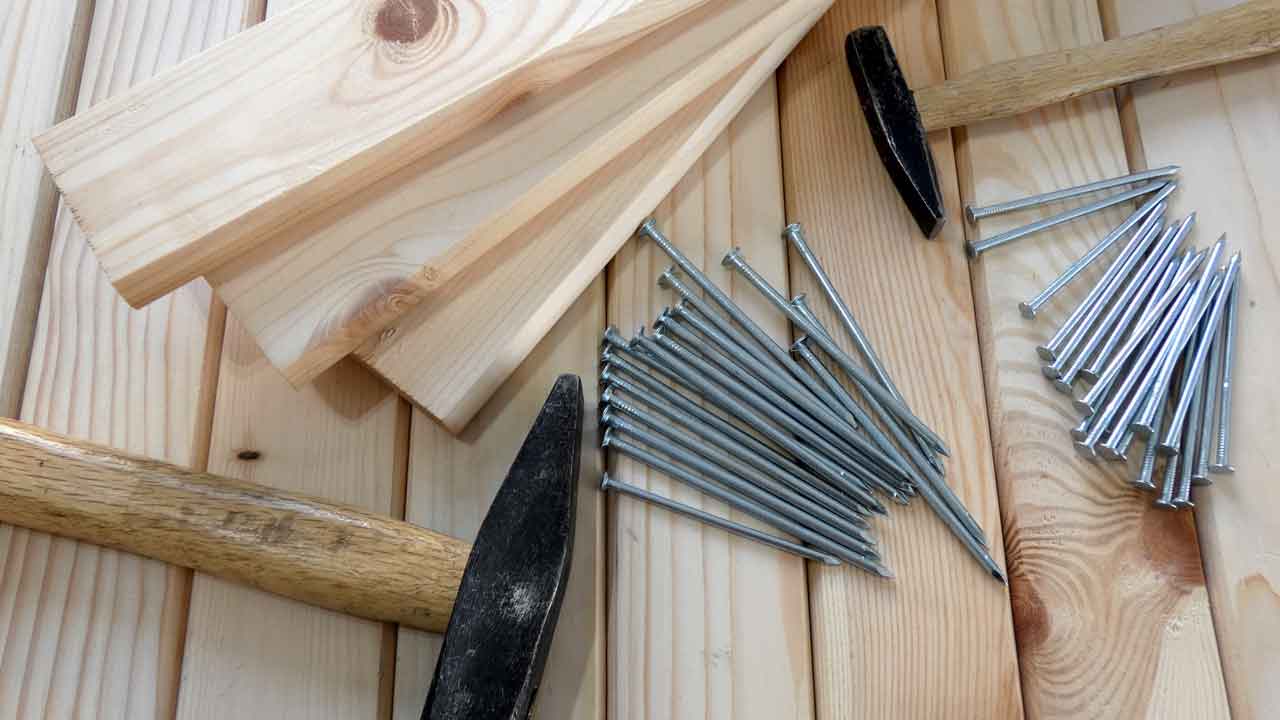
Even when you hire a contractor, you’ll still need to be on site when the crew is there to answer questions about what you’re looking for, and for general security. If you’re partly or completely DIY-ing it, your evenings and weekends might be taken up by the project.
Depending on where you live, the weather will determine when you can work on your home. New roofs shouldn’t go on in hot summers. Opening up your house’s walls for an addition isn’t ideal when it’s raining or snowing. If you need the improvements when weather won’t permit, selling might simply be easier.
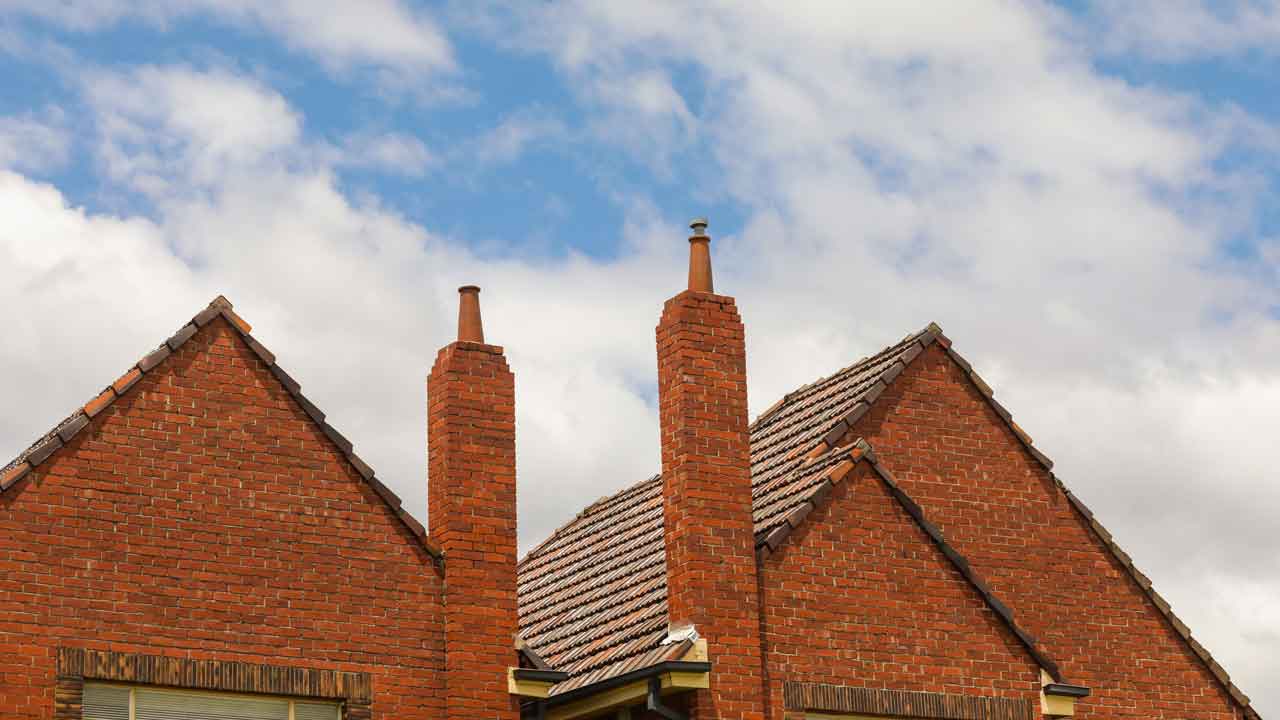
If you own an older home, updating it to follow current building safety codes can bring unforeseen costs and add time to your schedule. Rot, water damage, worn roofs, old windows, and more all can be costly issues to fix.
For some, moving is exactly what the doctor ordered. Maybe you don’t like your home or the area anymore. Maybe you simply aren’t attached to it, and don’t mind starting over. The up-front cost of selling your home and buying a new one can seem insignificant to the mental restart you get.
American homes are getting bigger, partly because we have more stuff. If your mortgage payment is more than you want to pay, first look at how much stuff you really need and want to figure out how much space you really need. Swapping out your large home for a smaller one might save you a ton of money down the road. If you’ve got a lot of stuff, selling means packing, and packing brings a natural drive to purge when you need to fit it all in a box or all those boxes in a truck.

Because the previous owners did all the hard work, you benefit from new renovations and updated styles. Fresh paint, updated features, a new roof… those are all taken care of and you can move in quickly.
While nearly every home will need pre-market improvements, selling lets you focus on just the ones you need to make to your home to make it more valuable. Additionally, you can put off installing a pool in your current property if you plan on buying a home with a pool already. In that way, selling can save you money by prioritizing only critical improvements.
An added benefit of selling is that you bypass contractors for unnecessary projects--and for a lot of people, that unpredictable stress and cost is not the best use of their time. What’s more, improving your home is getting more expensive and may not be worth your money.

Beyond the bones of the house, consider how convenient selling (and moving!) is for you. Are you prepared to de-clutter and go through many years of personal belongings? Depending on where you are in life, that answer varies. Packing up your home and moving into a new one is stressful--do you need another burden of stress on your shoulders?

Like we mentioned earlier, moving crews and trucks aren’t cheap. If you aren’t able to move in immediately, you’ll need to keep your stuff in a Pod or storage room and rents for either of those options start at $100/mo, for a decent service. That seems affordable now, but if your new home needs improvements before you move in--and if the improvements take longer than expected--you could be looking at nearly a thousand dollars within the first year put just toward renting space for your stuff.
Depending on your health, schedule, amount of stuff, and other factors, de-cluttering may not be the best thing to do at the moment. While de-cluttering is generally a positive and healthy use of your time, thinking about putting fragile belongings and precious photos into “joy” or “not joy” categories might be too much. Selling makes de-cluttering a top priority, because nothing’s worse than throwing random stuff into boxes and trying to make sense of them later. On top of that, unpacking can be a nightmare and can take days if you don’t plan ahead.
Depending on what you have and where you’re moving to, you might leave some or all of your furniture behind. You’ll need to acquire different furniture at your new location: if you’re buying new stuff, that’s a big cost upfront, but if you’re buying second-hand… then expect it to take a while. If you need furniture as soon as possible and you can’t take your old stuff with you, expect to pay more for it.
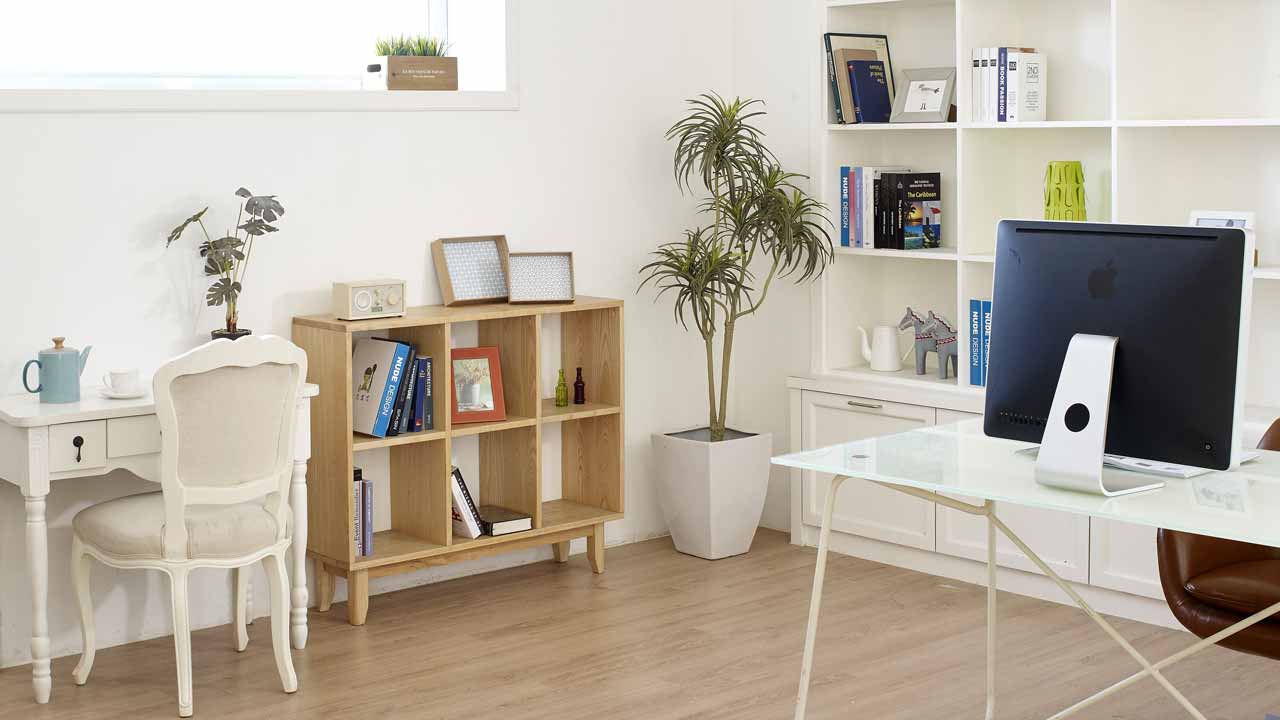
Remember that, unless your home is ideal, you will need to make changes anyway. If you’re getting a good deal on the property, expect to invest money in improvements after you buy it. You may want to renovate the kitchen, or tear out of a wall or the carpet. In the end, even buying won’t save you from construction. Expect to pay more or spend more time looking for that perfect home if you want to avoid or limit how much work you need to do on it.
As you can see, selling and renovating both have their pros and cons. They’re both stressful while also ultimately rewarding--depending on what you need in your life at the moment. The team at Solar Art helps homeowners like you improve their homes for both selling and renovating. Making your home more comfortable and affordable benefits you no matter if you’re staying or selling. Talk to us today!
These Stories on Residential
Solar Art is excited to announce another acquisition with New York Window Film!
Read this postSolar Art is excited to announce another acquisition with American Window Film!
Read this postShould I tint my home windows in the winter with residential window film?
Read this postCorporate Location: 23042 Mill Creek Drive, Laguna Hills, CA 92653
Copyright 2024 - Solar Art | All Rights Reserved | Contractor's License #1054307
No Comments Yet
Let us know what you think